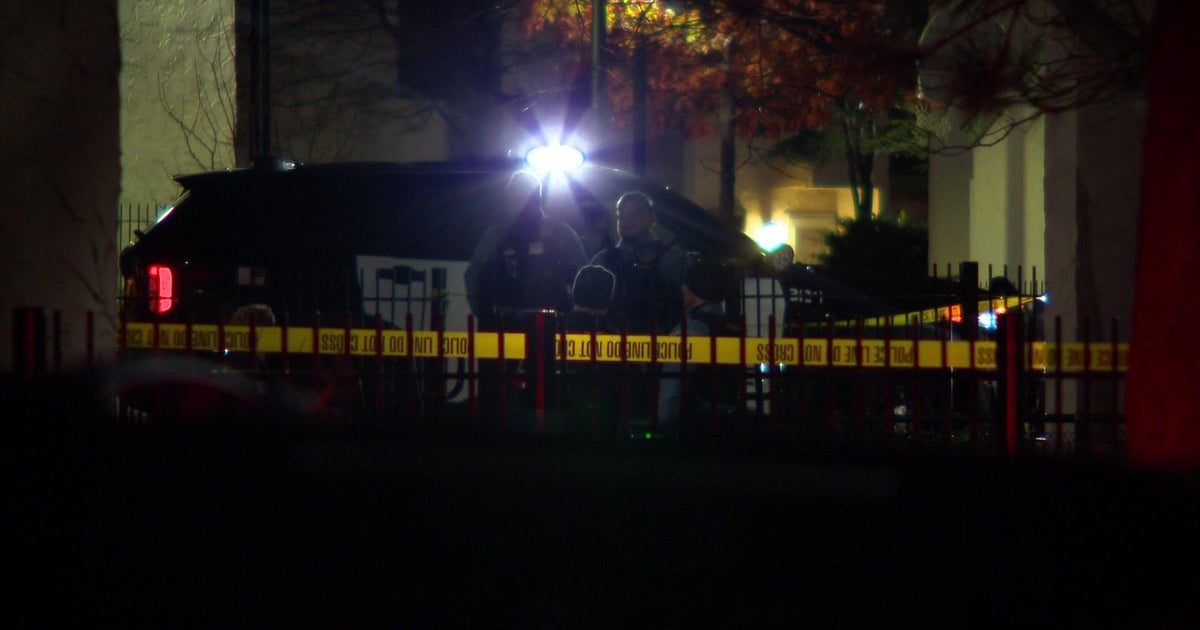Minnesota man donates thousands of CO detectors after losing son
MINNEAPOLIS — Heating our homes can be a hazard if we're not careful.
The CDC says each year, at least 420 people die from carbon monoxide (CO) poisoning in the United States. Thousands more are sickened .
Gas- and oil-burning furnaces produce carbon monoxide.
"It's odorless, tasteless. Everything sneaks right in there, and it kills you," said William Sherk, owner of Neighborhood Plumbing, Heating and Air Conditioning
Sherk first started donating carbon monoxide detectors in 2013.
The devices, which range in price between $20-80, can add up to a pretty penny for some households.
"They'll actually take the batteries out and use them in their remotes and things like that, especially in the times that we're are in right now. You can go, 'Okay, carbon monoxide detectors, or do I go ahead and buy something to eat?' And so that's why I generally bring them to food shelves," Sherk said.
The importance of CO detectors isn't just business for Sherk. It's personal.
READ MORE: Three tax law changes in Minnesota to know as filing season begins
Next month will mark 20 years since his 21 year old son Keith died inside his home from CO poisoning.
"He went ahead and built himself a basement bedroom and enclosed the furnace…And he just didn't realize it," Sherk said. "It never leaves you, you know, to lose a loved one."
As he grieved, Sherk saw more stories of families going through similar tragedies and eventually started his donations.
Two decades and 11,000 detector donations later, he says he doesn't because it makes him feel good.
"It's actually really sad, is what it is because it drums up all of the hurt that happened is what it does. And then the next thing that it does, is, as a father, it just makes you feel so guilty that you weren't there, I realized he was 21. I know the circumstances, but you just feel guilty," Sherk said. "That's what makes me do this is I don't want to see another family that goes to the guilt and pain of losing somebody that could have been saved by one carbon monoxide detector."
Experts say CO alarms should be installed in a central location outside each sleeping area and on every level of the home.
Symptoms of poisoning can be fatigue, headaches, upset stomach or trouble breathing.
In high concentrations of carbon monoxide, it can take fewer than five minutes to get carbon monoxide poisoning. Under lower concentrations, it can take an hour to two hours to cause poisoning.
The CDC has more tips on how to prevent CO poisoning here.




